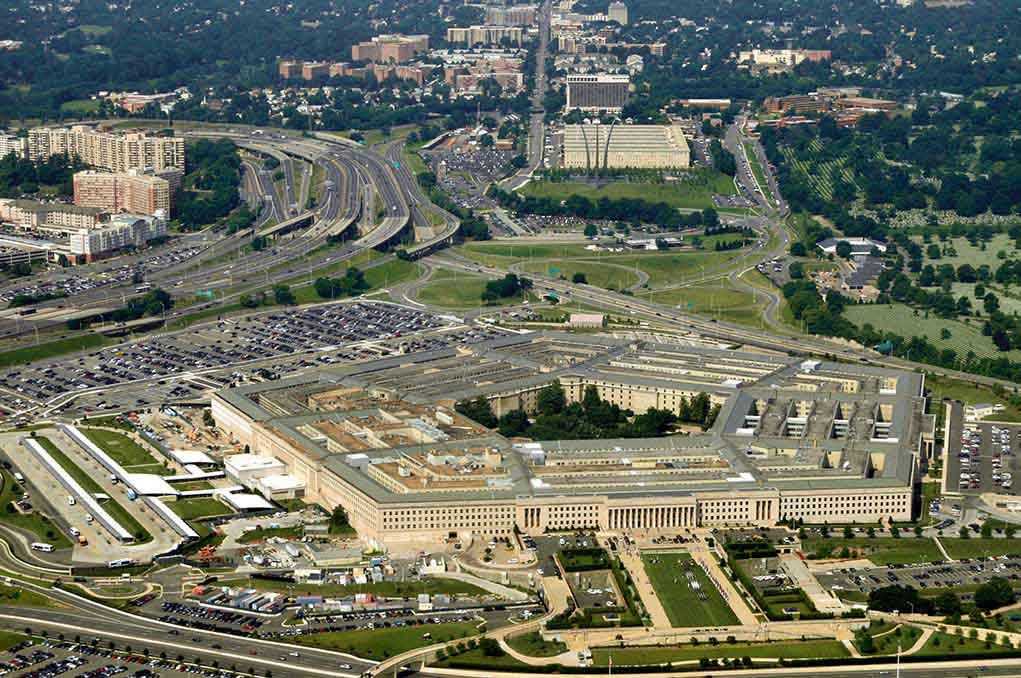
Millions are pouring into Pentagon cyber operations while rural hospitals are left exposed, and the “Big Beautiful Bill” reveals just how upside-down Washington’s priorities have become.
At a Glance
- The GOP-driven reconciliation act injects billions into military cyber and AI projects, with the Pentagon and Coast Guard among the biggest winners.
- Rural hospitals are left to fend for themselves as Medicaid funding is slashed, increasing their vulnerability to cyberattacks.
- U.S. Cyber Command and the Coast Guard are set for unprecedented growth in cyber capability, while Main Street America faces growing digital risk and shrinking support.
- The law arrives amid historic border crackdowns and new restrictions on aid for newly arrived migrants, highlighting a sharp divide in federal spending priorities.
Pentagon’s Cyber Budget Balloons, Rural Security Gets Slashed
The Pentagon just hit the spending jackpot, and you’re paying for it. The Republican-led Congress has rammed through what they’re calling the “Big Beautiful Bill,” a reconciliation act that shovels billions into cyber and artificial intelligence operations for the military. U.S. Cyber Command alone pockets $250 million for AI innovation, while the Coast Guard is handed a staggering $2.2 billion to keep their cyber assets humming along. That’s on top of $170 million for maritime cyber surveillance and $20 million for DARPA’s next digital moonshot.
Meanwhile, rural hospitals—already running on fumes—are told to tighten their belts. Medicaid funding is getting chopped, forcing small-town providers to make impossible choices: invest in cybersecurity or keep the lights on. The result? Hackers have an open invitation to hit the weakest links in American healthcare, and the government can’t even be bothered to pretend it cares.
AI and Cyber: Billions for the Brass, Pennies for the People
Let’s talk numbers. The Pentagon’s wish list reads like a tech billionaire’s fever dream: supercharged AI to help the military audit itself (because apparently, after years of failed audits, the solution is always more money and more algorithms), $90 million to throw at “non-traditional” defense contractors, and a cool million for offensive cyber operations in the Indo-Pacific theater. The Coast Guard, under the Department of Homeland Security, is also cashing in, getting more than $2 billion for cyber readiness and domain awareness, because nothing says “border security” like another round of government IT upgrades.
This new law drops just as border security measures are hitting historic highs. President Trump’s administration boasts the lowest illegal border crossings in decades, aggressive deportations, and a border wall that’s finally getting the cash to be finished. The border is locked down, but Main Street is wide open—to ransomware, to hospital closures, and to the consequences of a government that simply doesn’t care if you live outside the Beltway. The message couldn’t be clearer: if you’re not part of the military-industrial complex, don’t expect a bailout.
Winners and Losers: Who Benefits, Who’s Left Behind?
Winners? The usual suspects. U.S. Cyber Command gets to ramp up new AI-driven network defenses and offensive tools, especially in the Indo-Pacific where the Pentagon has decided the next cyber war will be waged. The Coast Guard’s maritime cyber systems get a massive overhaul, and defense tech companies—both old and new—are licking their chops at the flood of federal cash. Meanwhile, the Department of Defense gets to brag about “self-improving” AI models and the promise of next-generation microchips while its own audit failures fade into the background.
But what about rural America? The National Rural Health Association warns that slashing Medicaid will push struggling hospitals to the edge, making them prime targets for cybercriminals. These facilities are already stretched thin, with little money left for new firewalls or staff training. The government’s answer? A voluntary program that almost nobody’s using, and now, even less money to stay afloat. If you’re a hacker, it’s a gold rush. If you’re a patient or a parent in rural America, it’s another promise broken—another example of Washington’s warped priorities.
The New Normal: Cybersecurity for the Elites, Scraps for the Heartland
The U.S. government’s latest move puts the military’s digital dreams front and center, while everyday Americans are told to make do with less. The defense sector and its contractors become flush with taxpayer dollars, building AI marvels and cyber fortresses for generals and bureaucrats. Meanwhile, rural hospitals—often the largest employers in their communities—are left to ration care, shutter wards, or close entirely, all while cyber threats grow more sophisticated by the day.
Even as the White House and Congress pat themselves on the back for “historic” border security and technological “superiority,” the real story is one of lopsided priorities. Billions for cyber warriors, pennies for the people on the front lines of America’s rural health crisis. The experts are clear: this approach creates vulnerabilities that adversaries will exploit, and it’s only a matter of time before the next attack hits the target that Washington forgot. But don’t worry—the Pentagon’s computers will be safe.











